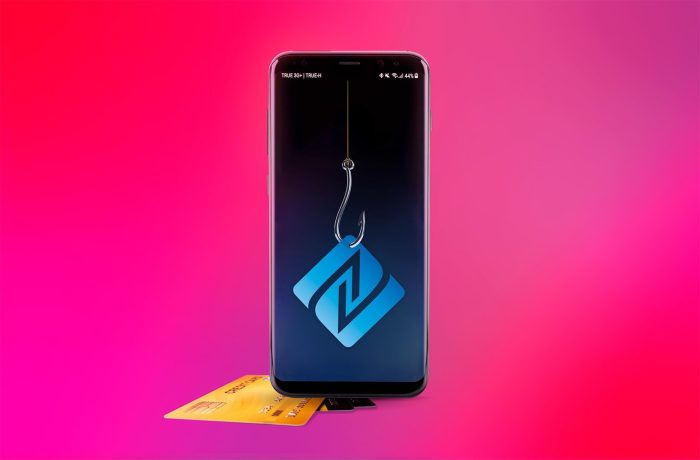
NFC carders hide behind Apple Pay and Google Wallet
Cybercriminals are inventing new ways to swipe money from payment cards by using credentials phished online or over the phone. Sometimes, just holding your card to your phone is enough to leave you penniless.
 NFC
NFC
 AirTag
AirTag



 iOS
iOS

 telegram
telegram
 Android
Android










